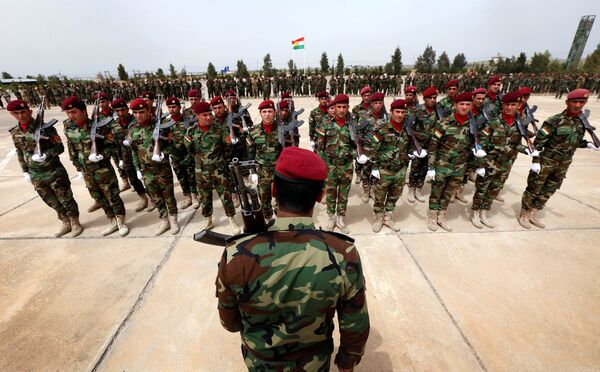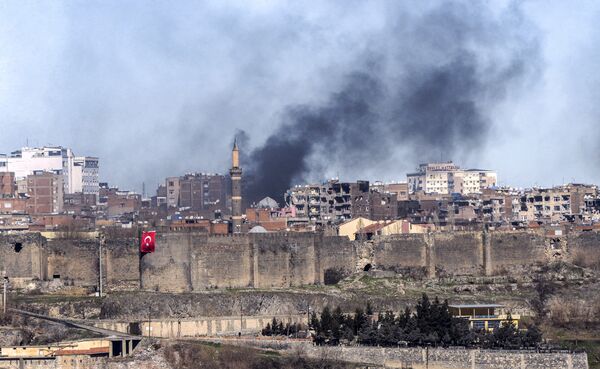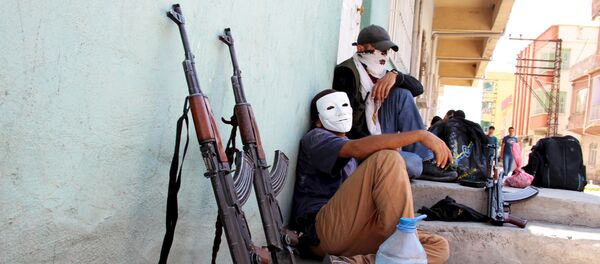The Kurds (along with the Syrian Arab Army, for instance) have turned out to be one of the few forces capable of standing up against Daesh. The Iraqi Kurds were not overwhelmed with the group's blitz offensive on northern Iraq in June 2014. As a result, they succeeded in preventing the militants from overrunning Erbil, the capital of Iraqi Kurdistan, in what was one of the first major loses for Daesh.

Consequently, the anti-Daesh fight has helped to empower the Kurds, leading to them achieving greater autonomy in Iraq and Syria, but this process could affect Turkey as well.
"True, IS will not be able to wrestle large swaths of territory from Ankara, as it has done in Iraq and Syria," Egemen Bezci and Nicholas Borroz asserted. "But the group, which is well-embedded in Turkey, certainly has the ability to bring a burning, persistent, low-level conflict into the country."
These obstacles are not insurmountable. Political scientist Peter Lvov noted that Western leaders could in fact side with the Turkish Kurds.
"Although Turkey is a NATO member state, Washington and its European allies will be more than happy to weaken it, even by tearing a part of its territory away to create Kurdish autonomy there, thus taming an uncompromising ally," he suggested.
Ankara views the Kurds, not Daesh, as the key threat to its security and stability. The ruling Justice and Development Party (AKP) launched a large-scale military operation against the Kurdistan Workers' Party (PKK) after the two-year-long peace process collapsed in 2015. The campaign has been condemned as a humanitarian catastrophe and violation of human rights.





